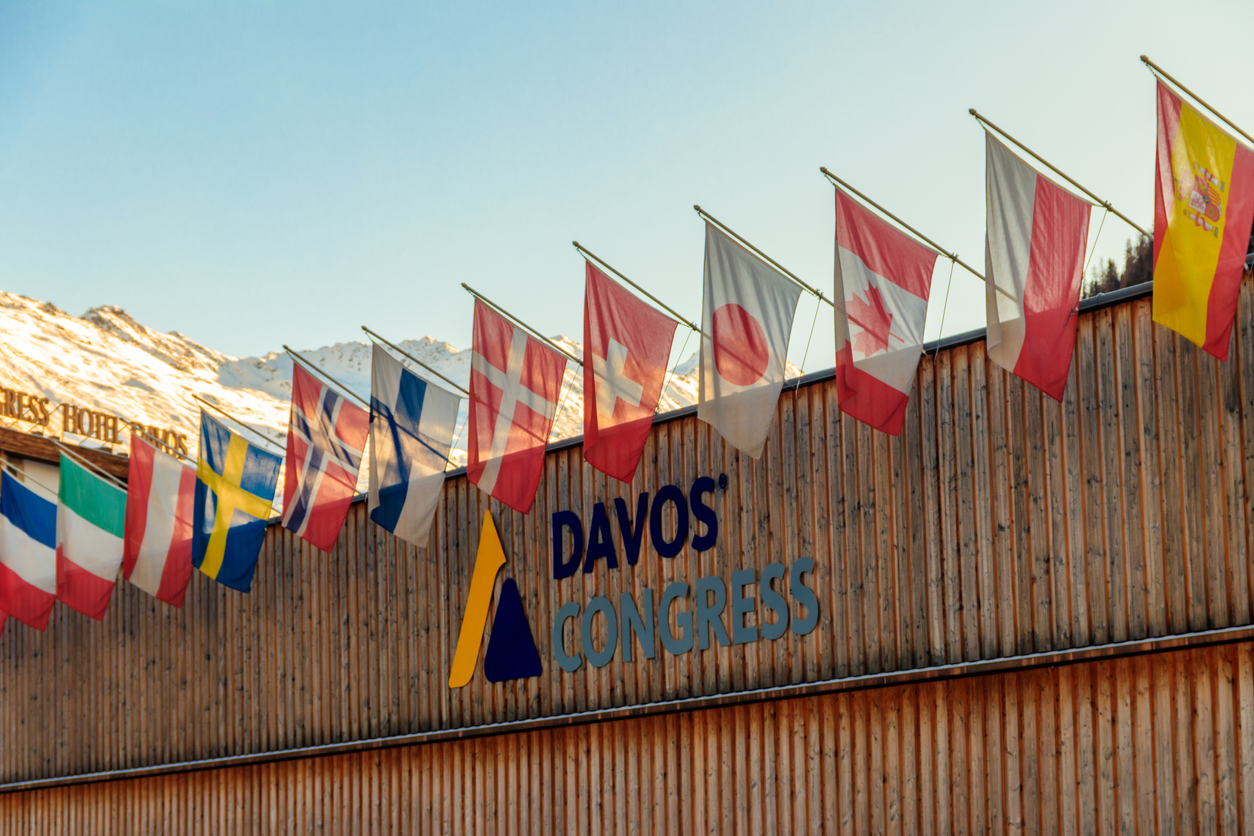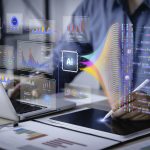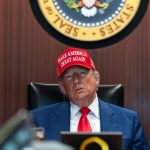The theme of the World Economic Forum this year was rebuilding trust for cooperation and allow for global solidarity for the future.
Who attended?
This year’s meeting brought together 2,800 leaders from each corner of the globe and industries. With over 300 public figures participating and 60 heads of state and government including Li Qiang, Premier of the People’s Republic of China and Emmanual Macron, President of France.
There was an estimated 1,500 business leaders and 800 plus of the world’s top CEO’S and Chairs involved in the WEF.
The World Economic Forum has informed us that, more than 200 members of the Forum’s Global Shapers, Young Global Leaders and Social Entrepreneurs communities joined to display innovations and solutions. Also, in the meeting was more than 150 experts and heads of the world’s leading universities, research institutions and think tanks. Over 40 labour, nongovernment organization and religious leaders from civil society took part as well.
The themes and Discussions
The theme of the World Economic Forum this year was rebuilding trust for cooperation and allow for global solidarity for the future.
“Rebuilding trust will not happen overnight – but I am convinced that it’s both essential, and possible.”
—Antonio Guterres, Secretary-General, United Nations
The overall discussion this year revolved around building trust between nations, between the public and their governments so that global problems can be easier to solve and prevent. With multiple wars and economic strife around the world there is a need to world leader to be able to come together and agree on the best way to move forward.
“Whether it is to overcome current difficulties, or to create a better future, it is essential that we discard prejudice, bridge differences and work as one to tackle the trust deficit.”
—Li Qiang, Premier of the State Council of the People’s Republic of China
Global growth and security were major topics as the geopolitical situations and economic background should not allow for issues to be ignored, where nations should come together despite their feuds to aid in global growth needed.
It was Antonio Guterres who stated on Wednesday that we cannot allow Geopolitical dived to prevent global response to global challenges. When the world faces problems like climate change and protection from AI their needs to be solidarity and Guterres called for reforms to global governance systems.
With the evolution of technology and AI there is a sense among even the business leaders responsible that we need to be cautious that the technology is governable for everyone.
Philosopher Michael Sandel explored the ethical questions AI poses, beyond jobs, fairness, privacy, and democracy to whether technology would affect what it means to be human
Similarly, Nick Clegg, a British media executive as president of global affairs at Facebook and former politician has point out the need for the political, societal, and ethical debate to happen as the technology advances.
Along with the need for protection from AI there is also an urgency for protection and cooperation involving climate change. The need for world leaders to work together for this global issue where no one country is better off on this topic was discussed at the WEF this year.
"A sense of urgency is our only saviour" - Ajay Banga.
There was a general consensus during the meeting that cooperation is necessary to bring action to the problems or climate change, AI advancement, Global growth and that the geopolitical problems should not be halting progress. Relationships between countries desperately need to improve.
The question is, if the world leaders and those attending can put aside disputes and power for the solutions they discussed.
History
The World Economic Forum was founded in 1971 by Klaus Schwab, a Swiss-German economist and professor. It was created as the European Management Forum as a non-profit foundation based in Geneva Switzerland. The forum started by drawing business leaders to Davos for an Annual meeting each January. Klaus Schwab initially aimed to focus the meetings on how European firms could catch up with US management practices.
This grew over the years and in 1974 political leader were invited to Davos following the Arab-Israeli War and the collapse of the Bretton Woods fixed exchange rate. From here the meeting expanded its focus onto global social and economic issues.
It was only in 2015 that the Forum was officially recognised as an international organisation.
This was the 54th annual meeting for the World Economic Forum.












